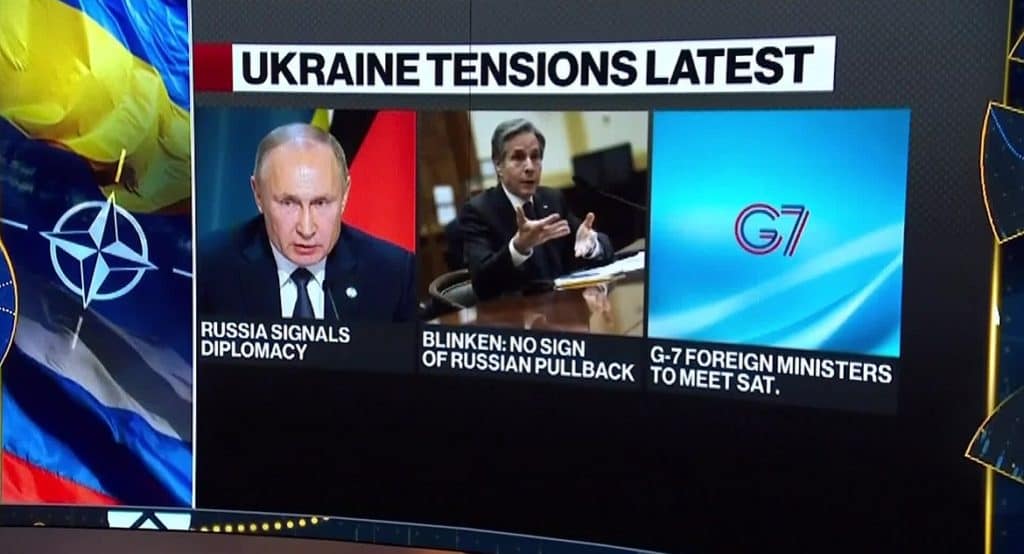World Geostrategic Insights interview with Dr. Gary Lilienthal on the role of propaganda in the conflicts, the governance, and the capital in human beings.

Prof. Dr. Gary Lilienthal is president of Carrington Rand, a collaborative network of about 60 scholars from around the world. He has authored numerous publications internationally, including a series of 3 research papers on the character of diplomatic law and a SCOPUS-indexed book entitled “Human Capital and Development.” Gary Lilienthal has worked as a law professor at universities in Sydney, Malaysia, India, China, Ethiopia and Uzbekistan. He is currently professor of law at NALSA University of Law in Hyderabad, India, and professor at Tashkent State Law University, Uzbekistan.
Q1. Propaganda and rhetoric continue to influence the discourse on the war in Ukraine and, to varying degrees, also the clash over hegemony between the United States and China. What are the different approaches and tools of rhetoric and propaganda used by the warring parties? What is the role of the Internet and social media?
A1. The main tool of current western propaganda is the Michaelsonian script. Propagandists use this kind of hypnotic technique. The process begins with the propagation of some kind of paradox, such as advocating the opposite of what is obviously true. One example is the current western narrative on the war in Ukraine. The narrative proposes the war was entirely unprovoked, whereas all the world knows that NATO and the US spent years provoking Russia, including the biolabs in Ukraine near the Russian border. After the paradox is in place, the propagandists can run any narrative and most people will believe it. Another propaganda method is that of the four master tropes. Very briefly, the propagandist begins with some kind of metaphor, and the human mind automatically turns the metaphor into irony, allowing the regime to announce the opposite of what it has done. Social media is perfect for this kind of propagation, because people spend so much time engaging with it.
Q2. Heads of state and government leaders should be able to prevent international conflicts or at least manage them once they break out, so as to avoid conflict escalation and global crises. Also taking into account the current confrontations and crises, what is your opinion on the level of preparedness of the political and ruling class of the United States, China, Russia and European countries.
A2. I really don’t think that conflict can be either avoided or managed. If it is “managed”, it will be escalated, as management infers resolution by hierarchy and differential status. The political ruling classes in the west are flirting with revolution, and they may get it. It would not surprise me if one day The Internationale is sung in Washington DC. It comes from hundreds of years of capitalist extremism, another name for good old fashioned warlord governance. China and Russia both have tight systems of governance, especially China, whose current system is based on the old Imperial dynastic system. It is very well calibrated to human needs, whereas western governance cares nothing of the exigencies of life.
Q3. You are the author of the book “Human Capital and Development,” published in 2021. The book delves into several incisive issues related to human capital and suggests that human capital is human differentiation, by masters over servants, and that human development is a conjunction of dynamics that can maintain seemingly free social networks. What is the main lesson you tried to convey with this book?
A3. The main thesis of the book is that capital in human beings is a direct violation of the Slavery Convention of 1926 and its later versions of the 1950s. It directly exercises rights in property over human beings, on a postulated continuum between the brutal criminal seizing of people, at one end of the continuum, and the domestication of human beings at the other end, by taking capital ownership over their substantive tacit knowledge. This produces large corporations, in which people are enslaved beyond their understanding. This system is codified by UNESCO and the OECD, both of which ought to be abolished.
Dr. Gary Lilienthal – President of Carrington Rand







